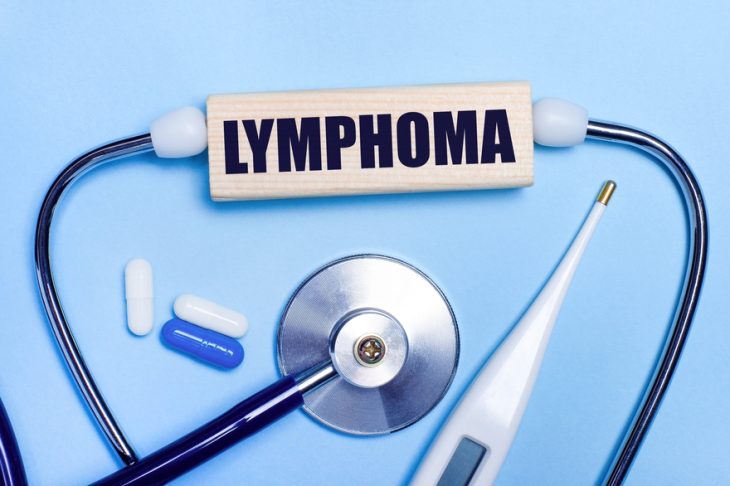
Understanding Throat Cancer: Early Detection Can Save Lives
Throat cancer may not be the most common form of cancer, but it is among the most challenging—affecting a person’s ability to speak, breathe, and swallow. In India, lifestyle changes, increasing pollution, and tobacco use have caused a gradual rise in cases, making it crucial for everyone to understand the symptoms, risks, and treatment options associated with this disease.
At Omega Hospitals, we are committed to early detection, personalized care, and advanced cancer treatment. Here’s everything you need to know about throat cancer—from symptoms to treatment and prevention.
What Is Throat Cancer?
Throat cancer refers to malignant tumours that develop in the pharynx (throat), larynx (voice box), or tonsils. It is a type of head and neck cancer. Depending on the exact site, it can be categorized as:
- Nasopharyngeal cancer – behind the nose
- Oropharyngeal cancer – middle part of the throat, including the tonsils and the base of the tongue
- Hypopharyngeal cancer – lower part of the throat
- Laryngeal cancer – affecting the voice box
What are throat cancer risk factors?
Anyone can get throat cancer, but certain habits and conditions increase the risk significantly:
High-Risk Factors:
- Tobacco use – smoking cigarettes, cigars, or chewing tobacco
- Heavy alcohol consumption
- HPV (Human Papillomavirus) infection
- Poor oral hygiene
- Exposure to industrial chemicals or asbestos
- Family history of head and neck cancers
Men over 40 are more likely to develop this cancer, but with rising HPV-related cases, younger adults are now also at risk.
Symptoms to Watch Out For
Throat cancer symptoms are often confused with common illnesses like a sore throat or tonsillitis. However, when these symptoms persist, they should never be ignored.
Common Signs Include:
- Persistent sore throat or cough
- Difficulty swallowing
- Change in voice or hoarseness
- A lump or sore that doesn’t heal
- Ear pain
- Sudden weight loss
- Breathing difficulty
- Feeling of something stuck in the throat
Note: Early detection often leads to better outcomes. If any of these symptoms last more than 2–3 weeks, consult a specialist immediately.
How Is It Diagnosed?
At Omega Hospitals, our oncology team follows a structured approach to diagnosis using the latest diagnostic tools:
- Clinical examination of the throat and neck.
- Nasoendoscopy – using a thin, flexible tube with a camera.
- Imaging tests like CT scan, MRI, or PET-CT to assess tumour size and spread.
- Biopsy – a tissue sample taken for pathological confirmation.
We also test for HPV strains when relevant, as HPV-positive throat cancers tend to respond better to treatment.
Treatment Options at Omega Hospitals
Treatment depends on the stage, location, and HPV status of the tumour, as well as the patient’s overall health. We believe in personalised and multidisciplinary care.
Radiation Therapy
High-energy rays target and destroy cancer cells. For early-stage cancers, radiation alone may be enough.
Surgery
Tumours may be removed using traditional or minimally invasive techniques. Advanced robotic surgery is also available at Omega for better precision and reduced side effects.
Chemotherapy
Anti-cancer drugs are used to kill cancer cells or shrink tumours before surgery or radiation.
Targeted Therapy
Drugs target specific cancer cell mechanisms, especially in cases not responsive to standard treatments.
Immunotherapy
For advanced or recurrent cancers, immunotherapy can boost the body’s immune system to fight cancer cells.
Life After Treatment: What to Expect
Throat cancer treatment can affect a patient’s ability to speak, eat, or breathe. That’s why rehabilitation plays a major role in recovery.
At Omega Hospitals, we offer:
- Speech and swallowing therapy
- Nutritional support
- Psychological counseling
- Palliative care for advanced cases
How to Prevent Throat Cancer?
Throat cancer can be prevented by:
Quit Smoking
The single biggest risk factor. Within 5 years of quitting, your risk reduces significantly.
Reduce Alcohol Consumption
Heavy drinking multiplies the effect of tobacco on throat tissue.
Get the HPV Vaccine
Especially recommended for teenagers and young adults. It helps prevent HPV-related oropharyngeal cancers.
Maintain a Healthy Lifestyle
Eat antioxidant-rich foods, exercise regularly, and stay hydrated.
Practice Good Oral Hygiene
Brush twice a day, floss, and see a dentist regularly.
FAQs:
- Which is the best throat cancer hospital in Hyderabad?
Omega Hospital in Gachibowli is the best throat cancer hospital in Hyderabad.
2. Which doctor treats throat cancer?
Many specialists are involved in throat cancer treatment, including ENT surgeons, medical oncologists, surgical oncologists and radiation oncologists.
3. Is throat cancer painful?
It is true that throat cancer can cause pain. One typical symptom is pain or discomfort in the throat.
4. Can a CT scan detect throat cancer?
Yes, imaging tests like CT scan can detect throat cancer.
5. What are throat cancer symptoms?
The throat cancer symptoms are:
- A cough
- Ear pain
- A sore throat
- Weight loss
- Difficulty swallowing
- A lump or sore that doesn’t heal
- Changes in your voice, such as hoarseness or not speaking clearly


